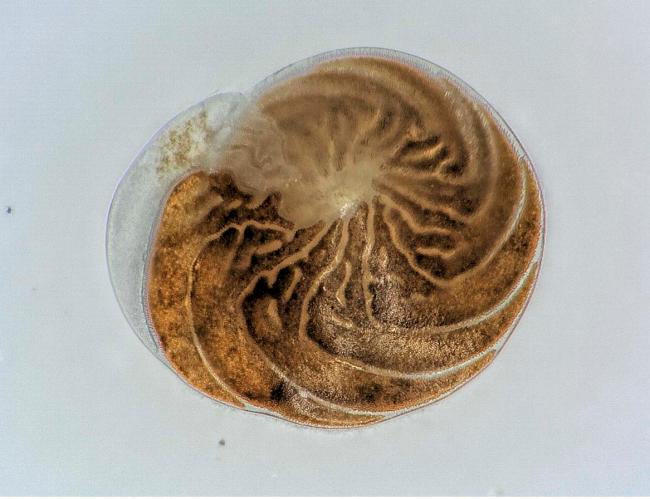Massive human interventions in nature have led to a sharp decline in biodiversity over the last decades. Entire ecosystems have become out of balance, depriving people of their livelihood. Thus far, only ten percent of all species on earth have been described scientifically. Furthermore, the concept of species is difficult to define, since new species do not emerge suddenly, but rather come into being gradually. That is why it is especially difficult for biodiversity researchers to grasp the whole complexity of an ecosystem and to develop effective measures to protect the species.
In the project “Proteomics” a new method shall be developed to classify animal and plant species. Previously, the dominant method of classification was based on the genome (DNA barcoding). However, this method has serious disadvantages: Some mutations can alter the marker gene under investigation to such an extent that two species are classified as “distantly related”, although they differ only in certain loci in the genome. Moreover, all plants and animals live in symbiosis with microorganisms whose genetic profiles can also falsify the results.
Instead of using genes to classify the species, in this project a specific protein profile will be drawn up from which the species relationships can be derived. For this purpose, the researchers will seek a set of proteins which are as independent as possible from environmental influences and which sufficiently distinguish between species. The new method shall not replace DNA barcoding. Rather, the two approaches shall complement each other and lead to faster, more reliable classification.
Project Partners |
|---|
|
Biodiversity and Climate Research Center (BiK-F) of the Senckenberg Nature Research Society Leibniz Institute for Analytical Sciences - ISAS (Coordinator) Leibniz Centre for Tropical Marine Research (ZMT) |





